Do you keep pondering about past mistakes? Are you prone to rumination? Do you feel constantly anxious and get triggered easily? Let me tell you that you’re not alone. Introverts are susceptible to anxiety, and it’s aggravated by the extrovert-favoring culture we live in. For an anxious introvert, life is a constant struggle to fit into an extroverted world.
As an anxious introvert, the more I’ve tried to ignore and suppress my anxiety, the more anxious I’ve become! In fact, I recently discovered that I have something known as high-functioning anxiety.
High-functioning anxiety is common among introverts. Contrary to the usual anxiety, which manifests as panic attacks, nervousness and sweaty palms, this type of anxiety is secretive and disguised by a stoic demeanor coupled with a high-achieving mindset.
I’ve discovered that making some anxiety-soothing and introvert-friendly changes in your lifestyle can work wonders. Below are some tips for anxious introverts to fight their anxiety. This list is not all-encompassing, but the solutions are tried and tested. Hence, they might work for you.
Related: 15 Signs You’re An Introvert With High-Functioning Anxiety
8 Tips For Anxious Introverts To Survive Anxiety
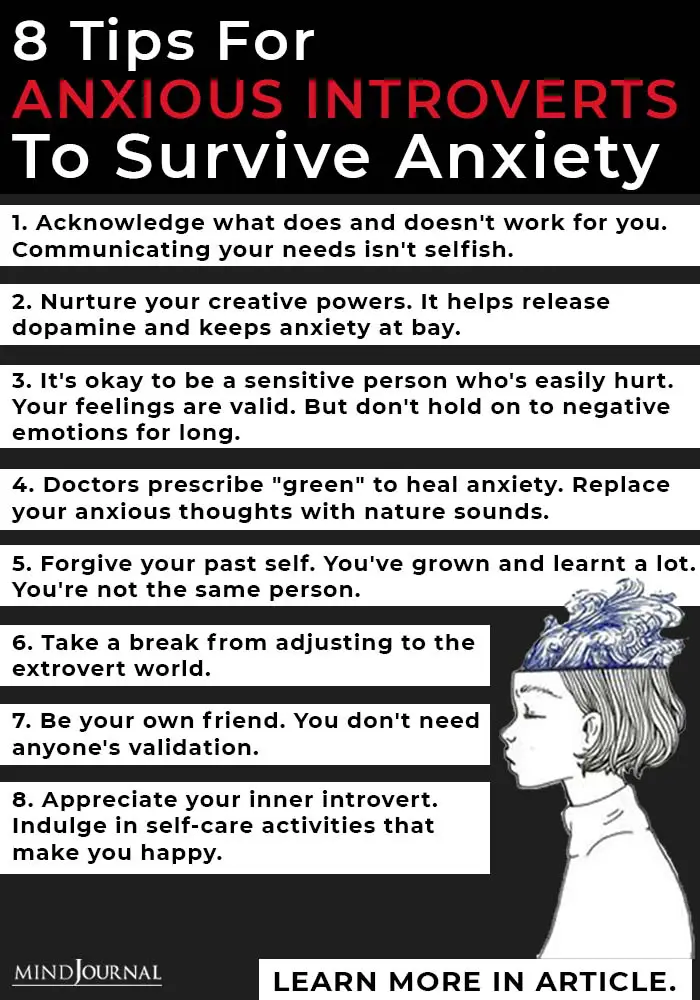
1. Acknowledge what does and doesn’t work for you
Why try so hard to be more extroverted? Stop. Say No!
Say “No” if you don’t want to go to that party all your friends are going to and instead just want to be lazy at home. The majority is doing something doesn’t mean you have to too. What works for the world might not work for you. And that’s completely OKAY.
As an introvert living in a world of extroverts, we often feel this pressure to be more outgoing and social. But do understand this- forcing yourself to be all that won’t change your inherent need for solitude and alone time. On the contrary, it’ll drain you out more and trigger your anxiety.
Accept that your needs are different and do the things that work for you. It’s okay to stop and say “This doesn’t work for me, so I don’t feel comfortable doing it.“
2. Engage yourself in creative work
Introverts are creative souls bubbling with imagination. The good news is that nurturing your creative powers is good for your mental wellbeing. Creative projects provide a safe, happy place away from the troubles of the world and your own anxious thoughts.
According to science, simple creative works like DIYs and coloring in adult coloring books help release dopamine, the feel-good hormone in your brain. This, in turn, will help anxious introverts keep anxiety in check.

3. Accept that you’re a sensitive person and easily hurt
“Toughen up and let it go”— well, things aren’t so easy for us introverts, who also happen to be sensitive people. We feel too much and are very easily stimulated, which means that we are more prone to pain and anger.
If you’re a sensitive soul like me, then the way you perceive and react to things is different. Even when you feel anger, hurt, or irritation for things that are seemingly petty, know that your feelings are valid. Something has hurt you and you should own it.
But holding on to pain and anger for long isn’t good for your system. So when you are ready, forgive the people that hurt you, knowingly or unknowingly. Forgive them for your own peace of mind.
Related: 7 Rules To Protect Your Energy If You’re A Highly Sensitive Introvert
4. Enjoy nature
This may sound like a generic suggestion, but doctors actually prescribe “green” to their patients. Exploring nature creates a sense of peace, abundance, and oneness in our minds that helps fight anxiety.
An introvert will surely enjoy the solitude and calming aura of various nature nooks. Escape the negative thoughts in your mind by heading to the woods. Replace your anxious thoughts with nature sounds and bird songs.

5. Forgive yourself and let go
We deserve our own forgiveness. You might have pushed people away because of your introversion or they may have misunderstood you. Whatever it is, forgive yourself and accept that you have learned and changed a lot since then. No point in being haunted by your past.
Everyone knows how harmful and utterly pointless overthinking is, yet we all do it to a certain degree. Sadly, introverts are more likely to fall into the trap of overthinking.
If you’re an introvert who spends a considerable amount of time alone, you are familiar with how something awkward you did years back can come up randomly and make you uncomfortable and anxious.
During such moments, it is helpful to remind yourself that you are no longer the same person you were in the past. You have learned, grown, and evolved. Each one of us is changing every minute of the day. So just let go of your past.
Related: 12 Things That Don’t Make Sense To An Introvert
6. Cut yourself some slack
The harsh truth is that life as an introvert who suffers from a high level of anxiety is a constant struggle.
Our ideal day includes staying at home and avoiding people as much as possible. But reality doesn’t work that way. We need to go out there and get the work done. We need to step out of our comfort zone all the time.
Sadly, in our efforts to adopt the ways of the world and fit into an extroverted culture, we forget to appreciate ourselves and how far we have come.
What matters is that you are trying your best. That’s enough.
So take a break. A break from constantly focusing on the things in you that need work and improvement. You’ll get there. At your own pace. Sometimes, just appreciate your inner introvert.
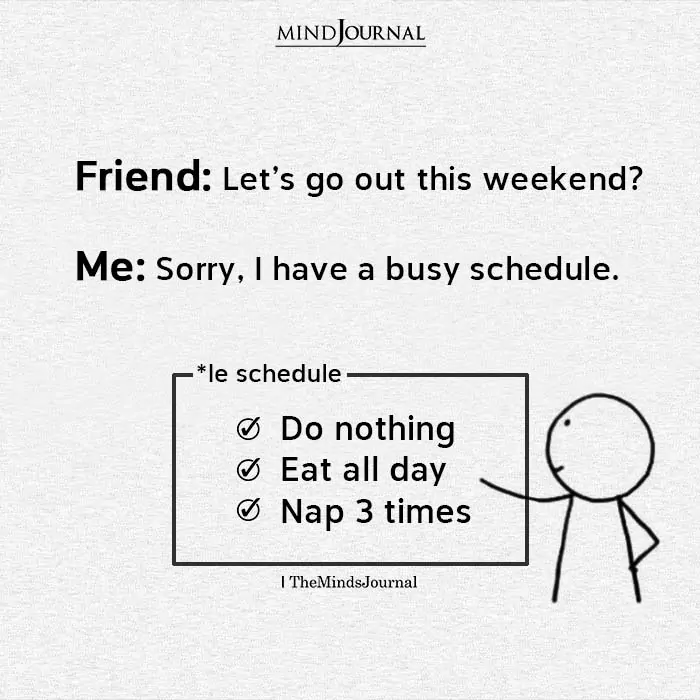
7. Be your own friend
We can’t live without friends! They make life less boring, they make us laugh, they make us feel whole.
What if I say that these are just constructs of an extroverted culture?
No doubt, true friendship is very valuable. But having a set of “cool” friends is just a show-off thing and does little to give us the fulfillment we seek. The truth is, only we can make ourselves feel whole.
So before you seek a special person who will magically fill that void in your life and make you feel whole and happy- learn to be your own friend. Appreciate the little things in you that you want the world to notice. You don’t need anyone’s approval. Just love and validate yourself as you are. Once you start being your own ally, you’ll see that the extroverted world feels less hostile and it’s easier to survive your anxiety.
8. Take care of yourself
My roommate is an extrovert and his need to be around people is as basic as the need for food and water. He goes nuts when alone for too long.
As introverts, what are our needs?
Primarily, we need to be alone and need some downtime to recharge. No matter how busy life gets with work, friends, family, spouse, and kids- make sure you stop and indulge in self-care activities. Take a nap, take a walk, read a book- anything that makes you feel good.
Also, rethink exercise. I know it’s hard for an people like us to deal with gym crowds and a coach who constantly pushes you to try harder. But you can try other forms of fitness routines, like yoga. Yoga includes physical poses as well as meditation and relaxation, which are proven to reduce stress and fight anxiety and depression.
Related: Meditation And Yoga Can Reverse DNA Reactions Which Cause Stress
If you’re an introvert who has found some unique and helpful ways to deal with your anxiety, do share it with us in the comment section below.
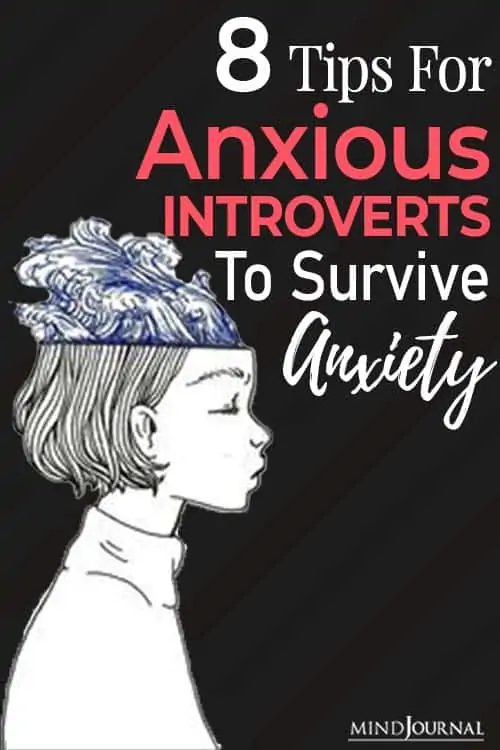
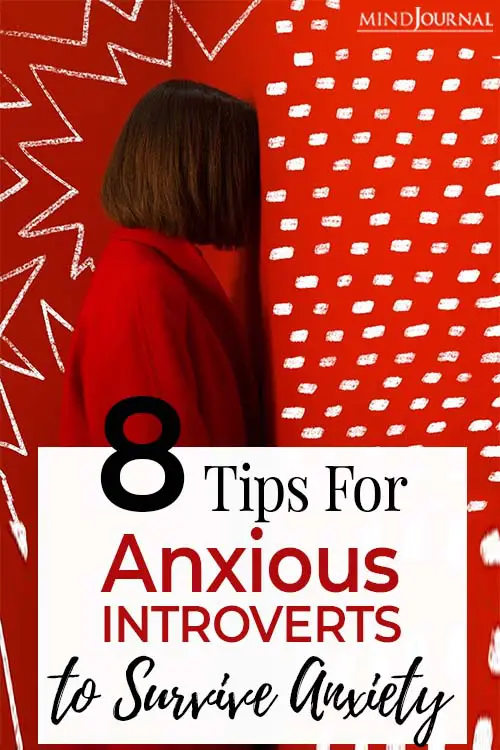
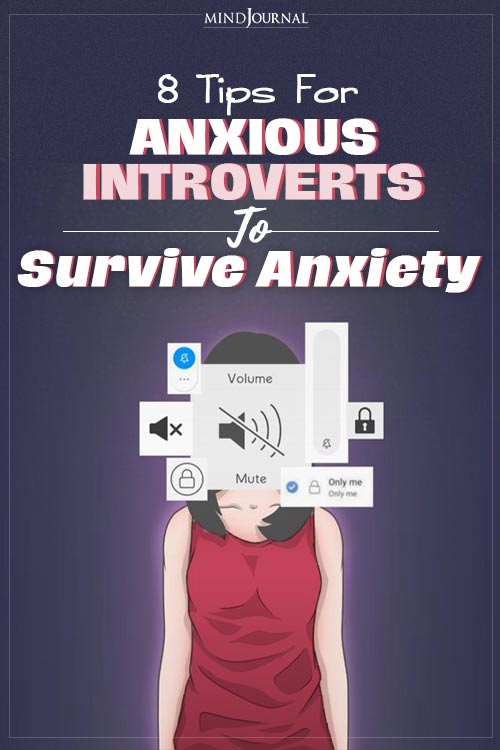
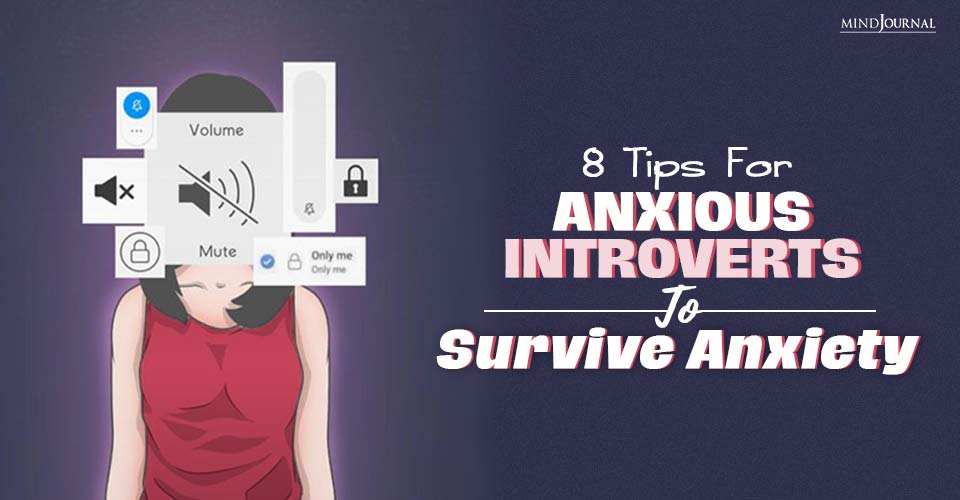







Leave a Reply
You must be logged in to post a comment.